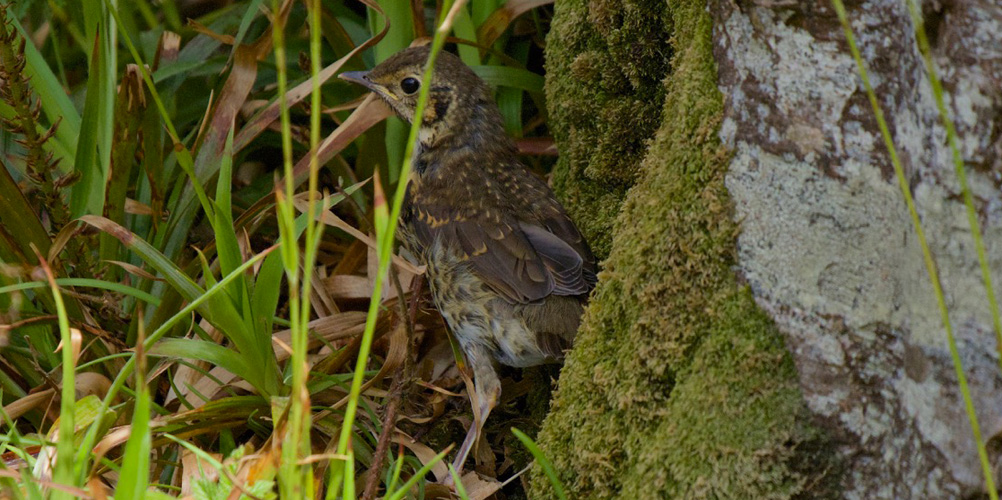
So many birds!
It’s hard to imagine when the thrushes actually sleep. They’re singing well after 10.30 at night, and in full voice again around 4 in the morning. Even after nightfall, while I’ve been waiting around for Purdey to come in (and she likes to take her time!) I’ve heard them singing quiet little songs to each other, while roosting up in the trees at the back. They just can’t help themselves – they’ve got to sing.
In the daytime, however, the singing has to take a back seat to their busy schedule. Newly fledged youngsters are already hopping around expectantly, cheeping now and then in case their over-worked parents delay pushing worms, snails and slugs into their ever-gaping beaks. So intense is the pressure that the adults scarcely seem to notice us walking about the garden: yesterday one of them was swinging a hapless snail onto the gravel just a few feet away from me, while its partner was diligently patrolling the lawn.
Baby thrush
If the parent birds are bold, the babies are reckless: a young thrush cheeped and hopped its silly way into the porch yesterday, and then started scrabbling nervously against the window in preference to the wide-open door. I was on the phone at the time, and had to ask the person to hold on while I went to the rescue. The moment I opened the inner door from the sitting room, both Clyde and Purdey appeared as if from nowhere and hurled themselves into the porch, giving me a split-second chance to seize the bird and launch it into the air. Luckily it flew, protesting loudly. The cats were disgusted.
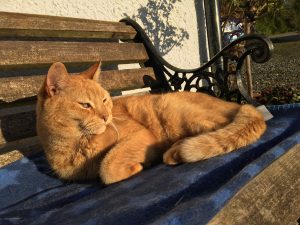 Thrushes, you say? Yes, I’ve heard tell of such creatures.
Thrushes, you say? Yes, I’ve heard tell of such creatures.
It’s not just the thrushes that seem to be having an amazing spring. The first blackbird youngsters are now at large, adult-sized yet still fluttering their wings in expectation of ready meals; and the other morning a baby robin, brown-speckled with an endearing yellow gape, tumbled noisily onto the rooflight of the kitchen and ‘seeped’ plaintively down at me, before flapping off to find his attentive parents. The chiffchaffs, willow warblers and blackcaps are in full and vibrant song, although it’s almost impossible to find their nests. We did, however, come across a chaffinch – at least, that’s what we suppose it is, because she was well above head height – sitting wide-eyed and motionless on her cup-shaped nest, artfully moulded against the trunk of a sycamore.
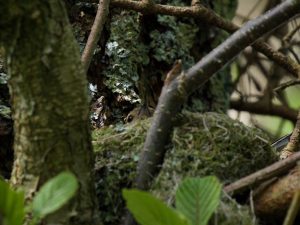 Sitting tight – a chaffinch (head just poking out, centre)
Sitting tight – a chaffinch (head just poking out, centre)
The swallows arrived on 10th April, and we’ve been hearing the cuckoo since the 24th. Such an evocative sound, which carries with it all the warmth and scents of summers past, and the prospect of more to come. One morning it was calling directly behind the house, before moving off to more distant woods. No doubt by now the female will have found the nest of some unsuspecting pipit or hedge sparrow in which to lay her egg. The geese down on the shore – greylags and Canadas, mainly – will be brooding already. They’re calling long after sunset, and from the house we can see them moving around on the water, little specks swimming in a sea of gold.
Dusk is the time for the tawnies to wake up, much to the alarm of the blackbirds. I don’t think any blackbird will ever get used to the sight of a tawny owl stirring from its roost, no matter how many times it sees it (and it’s a nightly occurrence, after all). Blackbirds routinely make a fuss before going to bed, but this apparently unexpected event throws them into full-blown panic. A couple of nights ago, again while I was waiting for Purdey to wend her leisurely way indoors, I opened the balcony door and saw a tawny swoop down onto the ground below the beech trees, dark-eyed and beautiful. I’m not sure if she’d caught something, but she flew off straight away, pursued by a squawking blackbird. I know their favourite perch, on waking, is in the oak tree across the road. Close by, the ground under the big boulders and the compost heap is a hotbed of voles and mice. Purdey will tell you that, because it’s her favourite place.
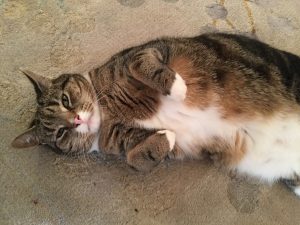 Don’t expect me to tell you anything. And don’t touch my fluff!
Don’t expect me to tell you anything. And don’t touch my fluff!
This morning’s rain, as well as dampening the garden, will have brought out more slugs and snails for the grateful thrushes. Judging by the number of broken snail shells that are strewn on all the paths, the babies are going to be bouncing with health.
Photos © Colin & Jo Woolf
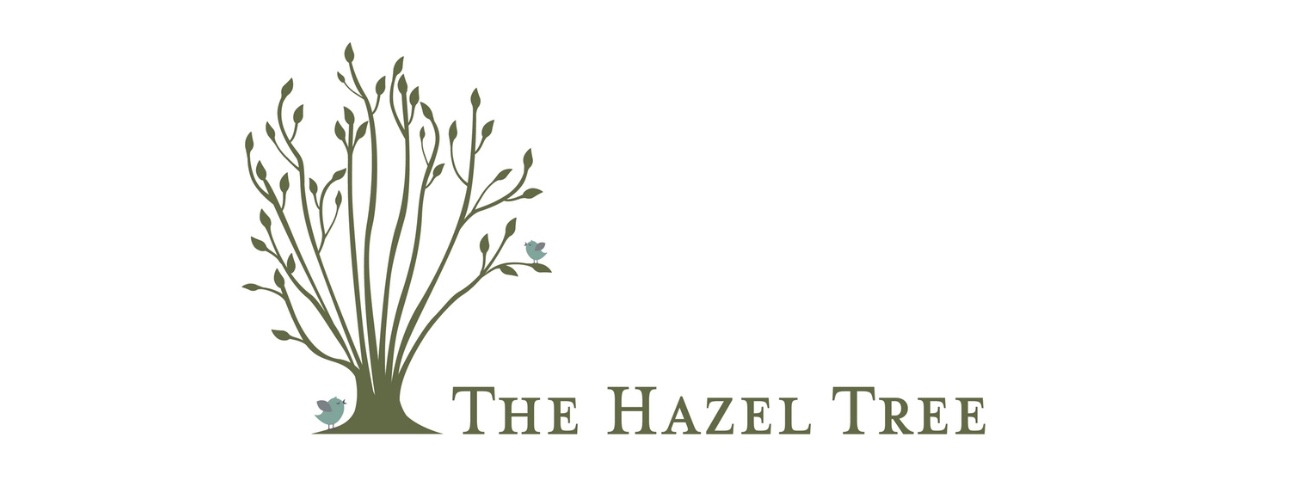
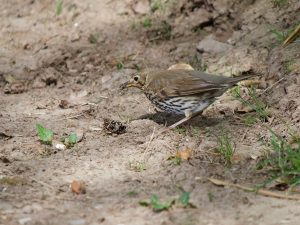
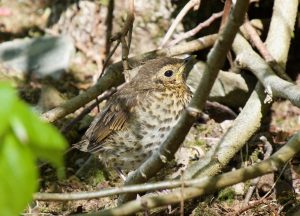

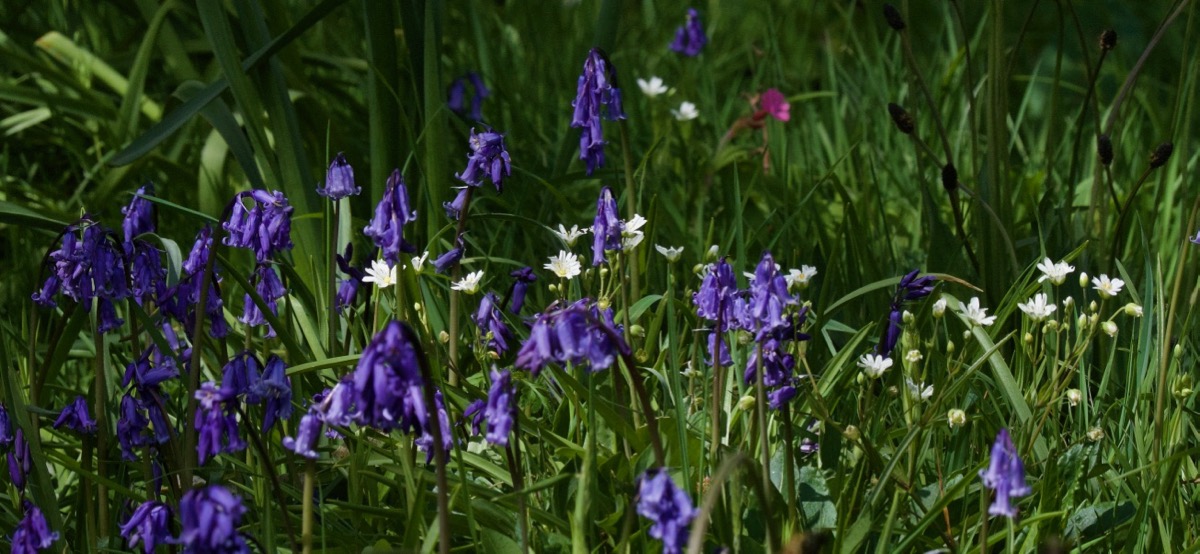
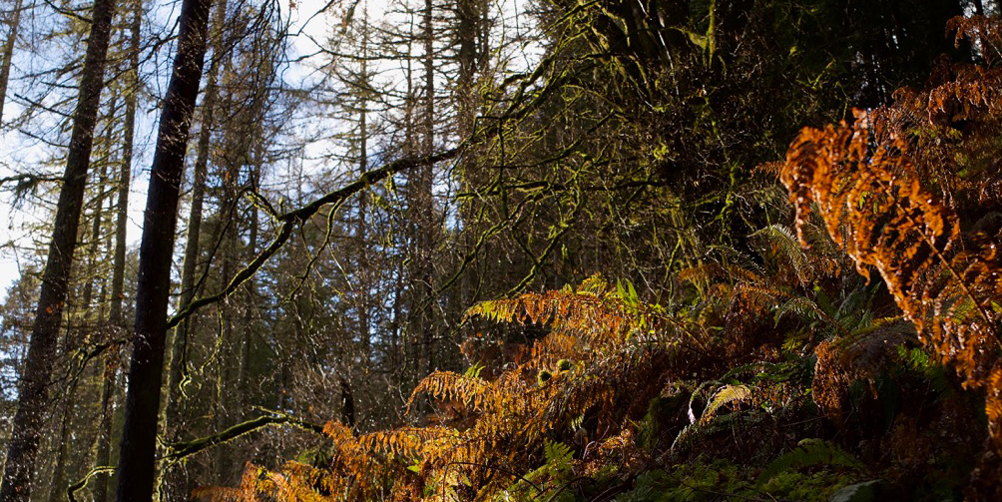
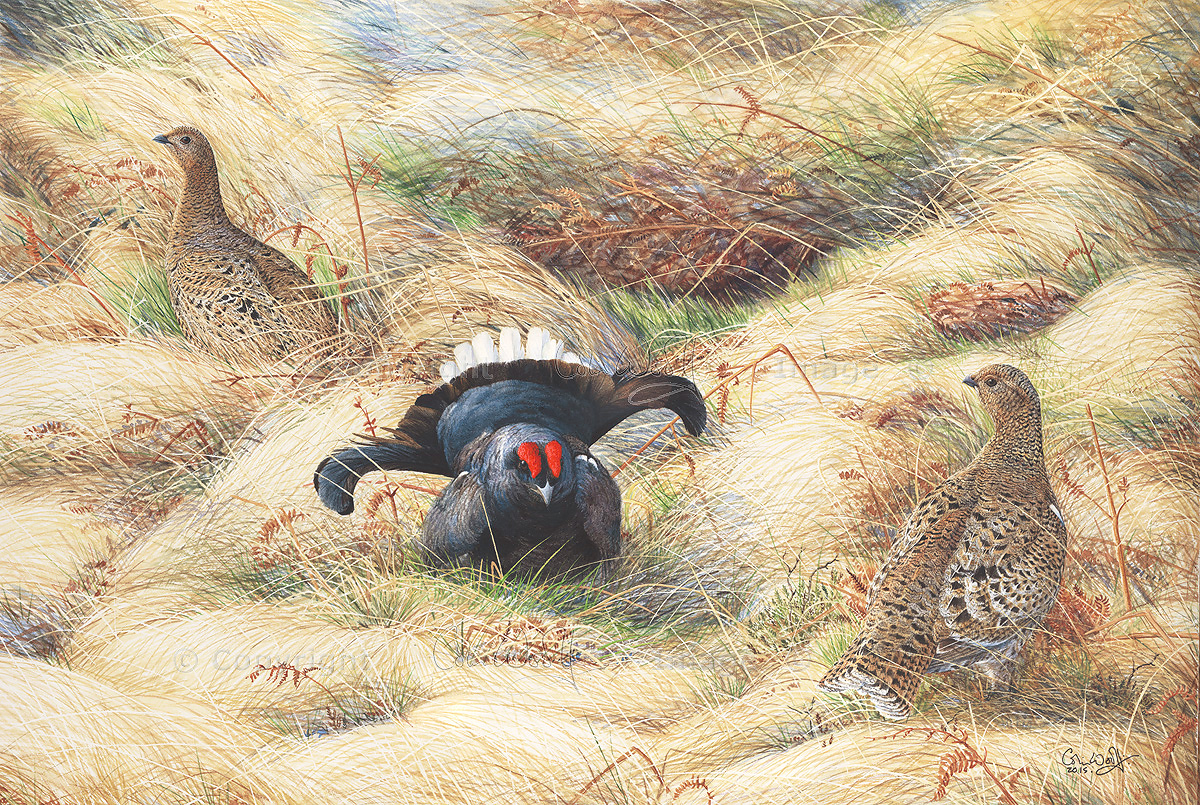
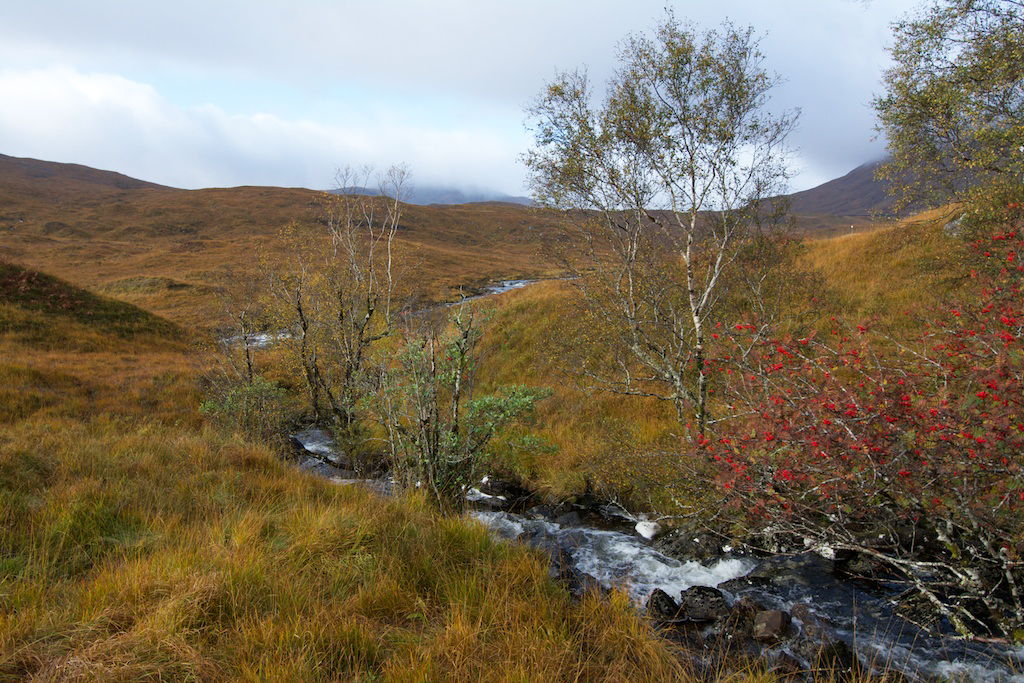
14 Comments
Deb Vallance
Love your posts! Thanks for a vibrant description of your vibrant spring.
Jo Woolf
Most welcome, Deb, and thank you for your kind comment! Hope you are enjoying the spring too.
Ashley
Delightful. A lovely post.
Jo Woolf
Thank you, Ashley!
Mary Smith
Thanks for beautiful post. There’s so much to enjoy this spring. Love your cats, too. Mine is bringing mice in and, I’m afraid, a bird this week. She rolls over like your one, looking cute but we know she’s saying ‘do not touch the tummy.’
Jo Woolf
Thank you, Mary! Glad you enjoyed it. I’m sure your kitty considers it a compliment but I know just how you feel. I also know all about the ‘tummy trap’, especially with Purdey! Luckily with Clyde the fluff is actually available!
Linda
I loved reading your post especially how you rescued the baby bird from your cats! I have five rescue cats but the birds that come into my garden have managed to outwit them apart from once. You so lucky to live in a beautiful part of the UK and you have such a wide variety of birds whereas we have mainly sparrows, starlings, wood pigeons, magpies and crows. In the winter get woodpeckers and even a beautiful jay a few times but I have never seen a thrush for years.
Jo Woolf
Hi Linda, I’m glad your garden birds are managing to evade your cats! One advantage with us is that both cats sleep most of the day. Yes, we’re very lucky – the wildlife around here is just amazing. We’re also seeing some red squirrels coming back to the feeders after many months’ absence – really good to see. Glad you enjoyed the post – thank you!
Theresa
What lovely scenes in front of my inner eye. Thank you!
Jo Woolf
Most welcome, Theresa! Glad you enjoyed it.
Glad you enjoyed it.
Finola
Great variety of birds, there, Jo – just lovely. We are apprehensive that something has happened to our female pheasants as they have disappeared, but are hoping they will appear with a brood one day soon. All fingers crossed. Meanwhile the choughs keep us entertained with their acrobatics.
Jo Woolf
Thanks, Finola! I hope your female pheasants are OK – could just be brooding, as you say. You’re lucky to have choughs! We’ve seen them a couple of times, mostly on Islay.
Robert Turner
Thanks for a little taste of spring in Scotland Jo. Much appreciated.
Jo Woolf
You’re very welcome, Robert! Glad you enjoyed it.